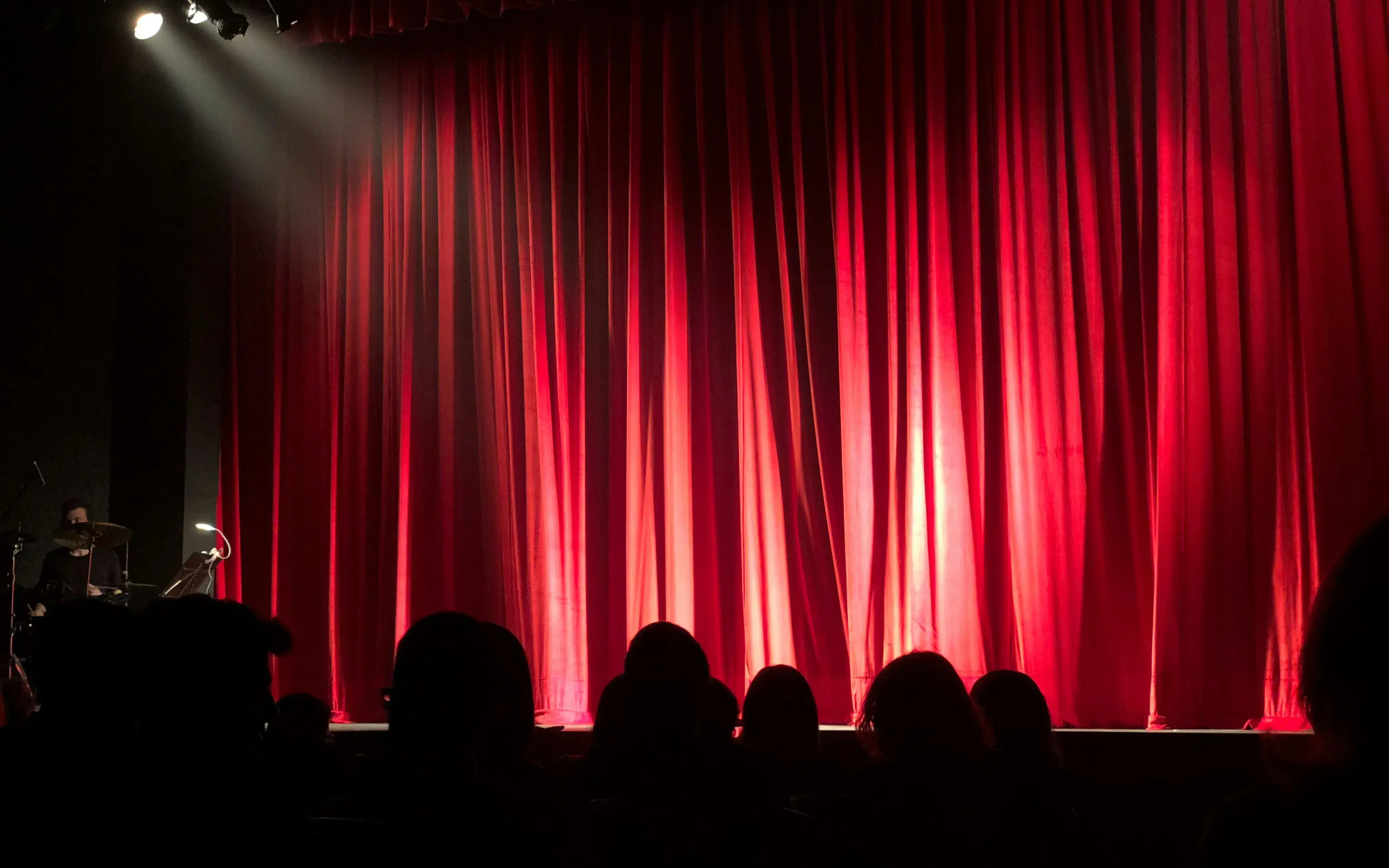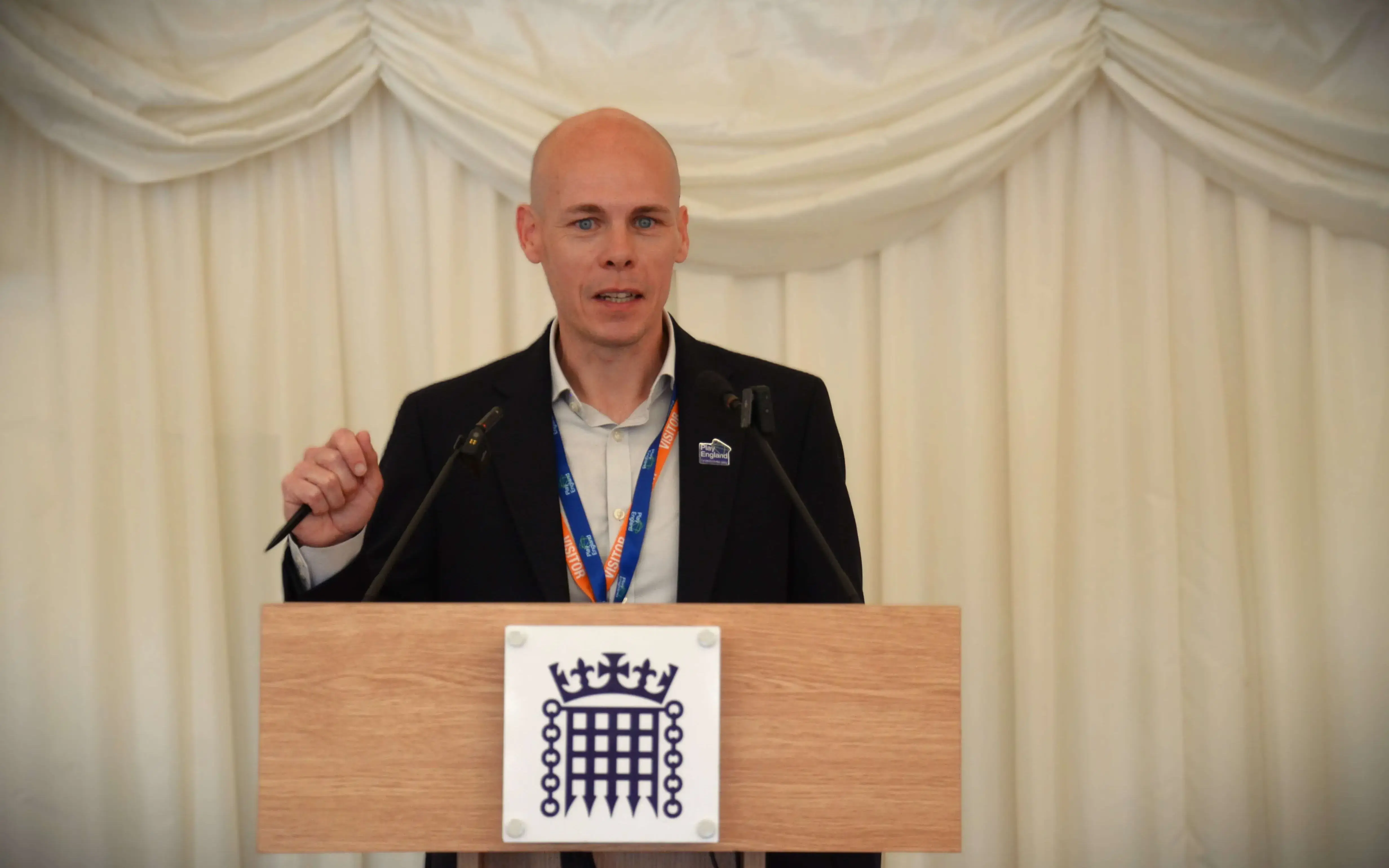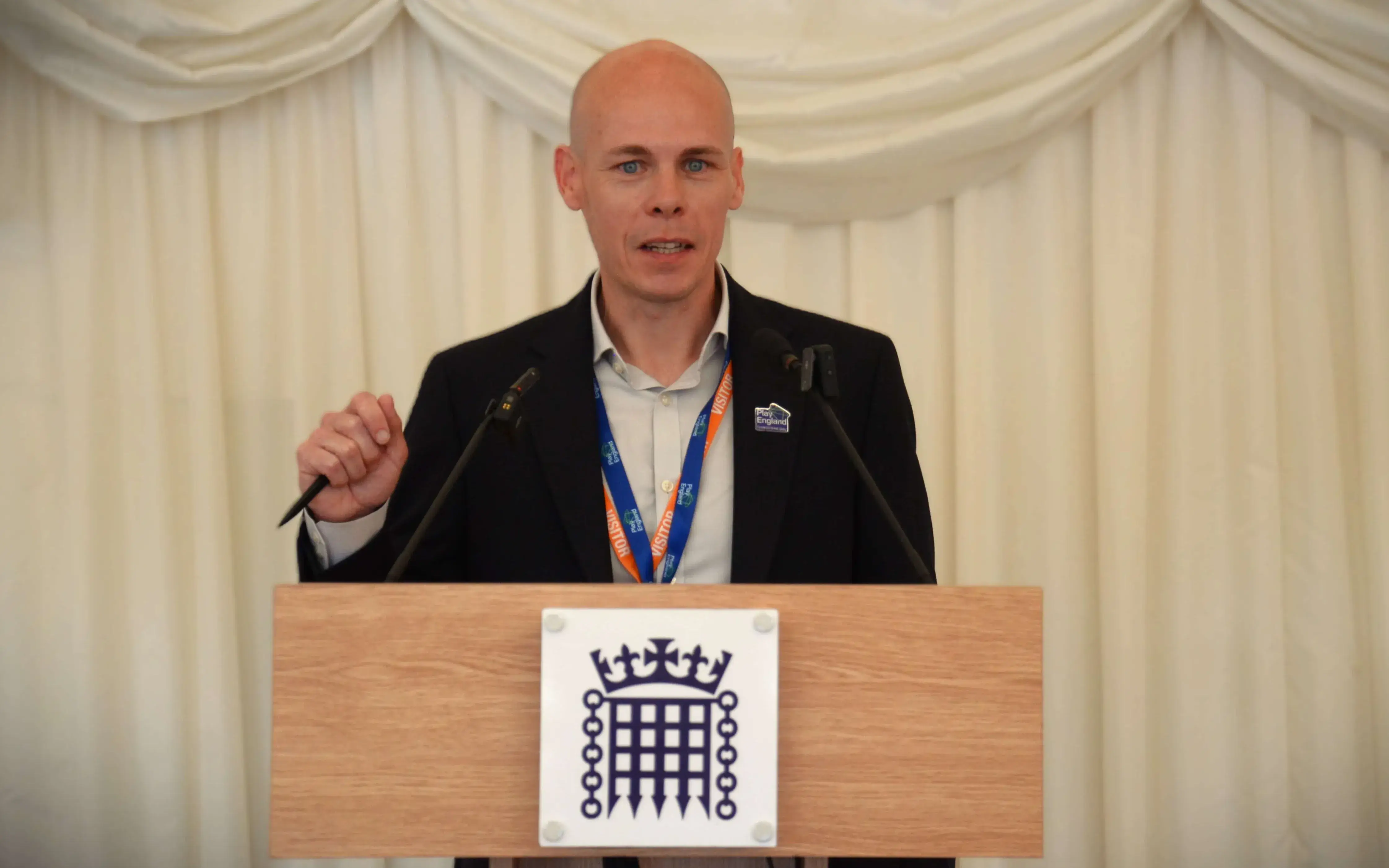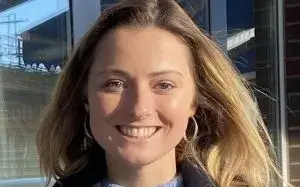Felipe Campos, General Manager of Associació Educativa Itaca, explains about the world of educational leisure.
What is the world of educational leisure about? How did it emerge?
As it happens with other contributions to society, to talk about educational leisure today often requires to look back to the past in order to understand the rich and complex present-day reality.
Similar to many other cases that appeared during the 20th century, my association evolved under the umbrella of renovating pedagogies and the practice of thousands and thousands of young people in the sphere of religious institutions. Century-old traditions, notably holiday camps, scouts, sociocultural animation, leisure pedagogy or social education, etc.
This is how we became socioeducative and communal realities. Today we are a consequence of the previously explained origins: institutions that are able to meet present-day needs with innovative proposals that abide to our missionary raison d’être.
More specifically, what kind of intervention do you realise through your association, the A.E. Itaca?
The A.E. Itaca (Educative Association Itaca) develops socioeducative projects at the service of the community. Their aim is to generate equal opportunities and to assist children, youngsters and families along personal development processes, with special care for those who are socially vulnerable.
The A.E. Itaca strives for guarantee of rights and equal opportunities of all members of the community, with a special sensitivity towards childhood and young people living in our districts and cities.
We want to change things. We want to fight social injustice and eradicate poverty and exclusion of any kind, and to put the situation of our children on the political and social agenda. We want –and we work with our community for that– children, young people and their families to become real protagonists.
What is the contribution of educational leisure organizations to our society?
I think the social contribution of these organizations can be summarized in these 4 lines of action that guide our educative and social response:
- Social commitment. Our action’s target is our community, it is the core of our intervention. That’s why we get involved, to achieve more social justice by transforming it.
- Social incidence. To give a voice to children, youngsters and their families, creating spaces for participation, mobilizing and involving the community in empowerment processes. To generate critical awareness towards the violation of rights.
- To fight for equal opportunities, to guarantee and provide resources for children, young people and their families, to empower them so as to avoid the chronification of certain processes and to break up cycles of social exclusion.
- Proximity. We understand this as the assistance to children, youngsters and their families in the frame of socioeducative processes, while generating an atmosphere of confidence and active listening.
In your opinion, what can other European organizations working with children and young people learn from you?
We can’t give up to keep in touch with other realities, we can’t miss the opportunity to meet them and open ourselves to them, to get to know other realities in Spain and the rest of Europe. I think the secret of educational leisure institutions lies here: it is this ability we have to articulate answers, bondings, bridges through our curiosity, so as to generate social transformation and innovation.









Add new comment